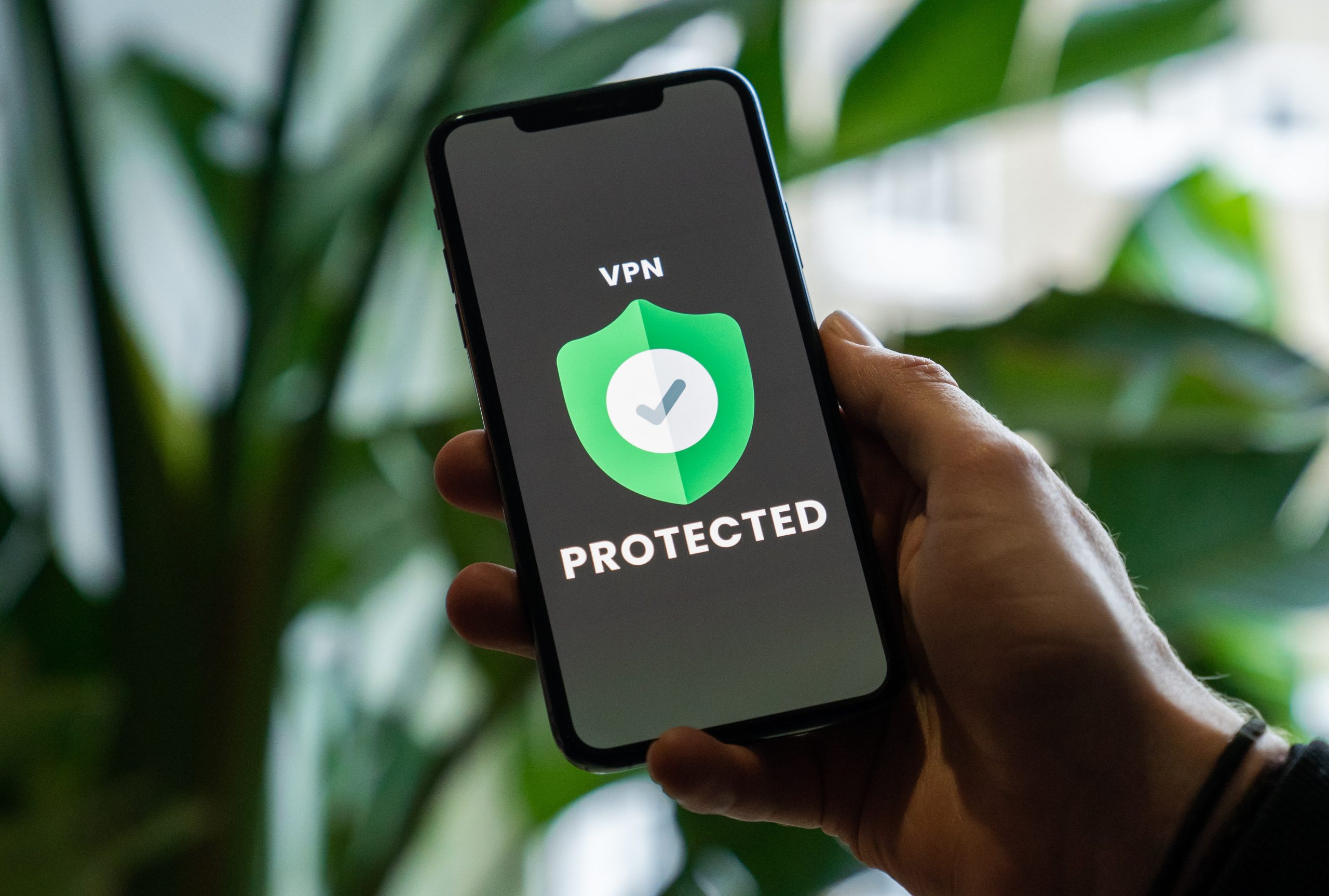As online abuse and disinformation become more commonplace, the debate over whether anonymity on social media protects people from harm or restricts their rights is heating up.
Last November, Siobhan Baillie MP tabled a ten-minute rule bill (TMRB) – the Social Media (Identity Verification) Bill – calling for all social media platforms to transform their approach to account verification.
Suggesting it as an addition to the controversial Online Safety Bill (OSB), Baillie proposed that all social media platforms should be required to offer identity verification processes to all users. Additionally, she said that these platforms should then offer options for users to limit or block interactions with other users who have opted out of identity verification.
“I have spoken before about the misery of the dark cyber-streets and alleyways,” she said. “While not all abuse is anonymous, the most frightening threats are from faceless, nameless, cowardly perpetrators who prevent us from being able to assess the true risk of a post. This cross-party bill’s approach not only provides social media users with more choice and more control over their online lives but tackles anonymous abuse”.
“By adding that to the measures proposed in the draft OSB, and the Secretary of State’s determination to make what is illegal offline illegal online, we can create immediate, meaningful change that will be felt throughout the UK.”
Although her suggestions have drawn cross-party support, critics have raised concerns that removing online anonymity could threaten people’s rights to privacy and to freedom of expression. However, supporters argue that allowing people to remain anonymous online endangers people’s rights to be free from discrimination and from inhuman or degrading treatment.






